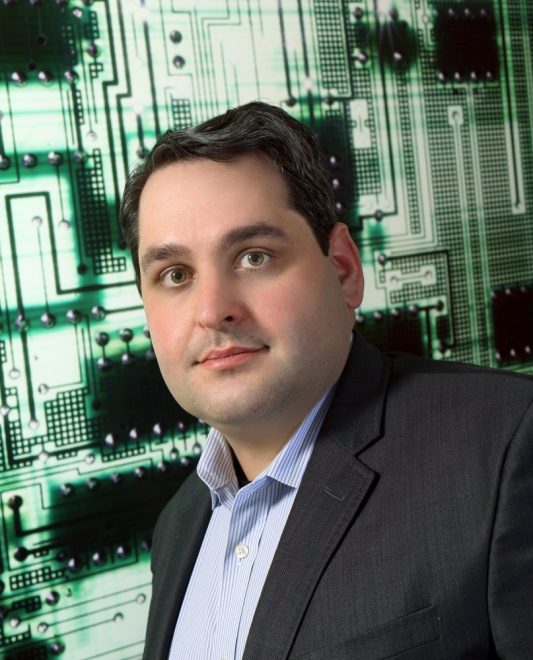About
Overview: Kawasaki disease is the leading cause of acquired heart disease in children, with potentially devastating cardiac consequences including coronary artery aneurysms. The disease presents significant clinical challenges: delayed diagnosis is common due to non-specific early symptoms, treatment response is difficult to predict, and up to 25% of patients fail to respond to initial therapy. Current prediction models have limited accuracy and are prone to algorithmic drift over time. We will apply cutting-edge transformer-based foundation models to create a comprehensive AI system for Kawasaki disease management. Unlike traditional machine learning approaches, this work integrates multiple data modalities: clinical records, narrative notes, environmental factors, physiological monitoring, and cardiac imaging into unified prediction models that can accelerate diagnosis, personalize treatment, and predict complications.
Aims: We will use data from the International Kawasaki Disease Registry and a novel type of AI modelling to predict the outcomes of Kawasaki disease. We will integrated structured clinical data, unstructured clinical notes, environmental exposure data, and cardiac imaging features in the model and develop models to predict disease diagnosis, treatment response to various therapies, and risk of complications including coronary artery aneurysms and thrombosis. The system will use deep learning approaches for both acute management and long-term risk stratification.
Impact: We wish to address critical gaps in management of a rare but serious pediatric condition. Our solution will enable earlier diagnosis, personalized treatment selection, and more accurate risk prediction for children with Kawasaki disease. The methodological advances in foundation model applications to rare diseases will establish frameworks applicable to other pediatric conditions where small sample sizes have traditionally limited AI research.
Accepting Students
Students will gain experience with state-of-the-art foundation models, multimodal data fusion techniques, and large-scale clinical dataset processing. Students will work with transformer architecture, learn about clinical decision support system development, and contribute to responsible AI practices in healthcare. This work will include natural language processing of clinical notes, environmental data modeling, medical image analysis using convolutional neural networks, and development of robust ML systems for healthcare. The project involves collaboration with the International Kawasaki Disease Registry, providing access to one of the world’s largest datasets of patients with Kawasaki disease.

